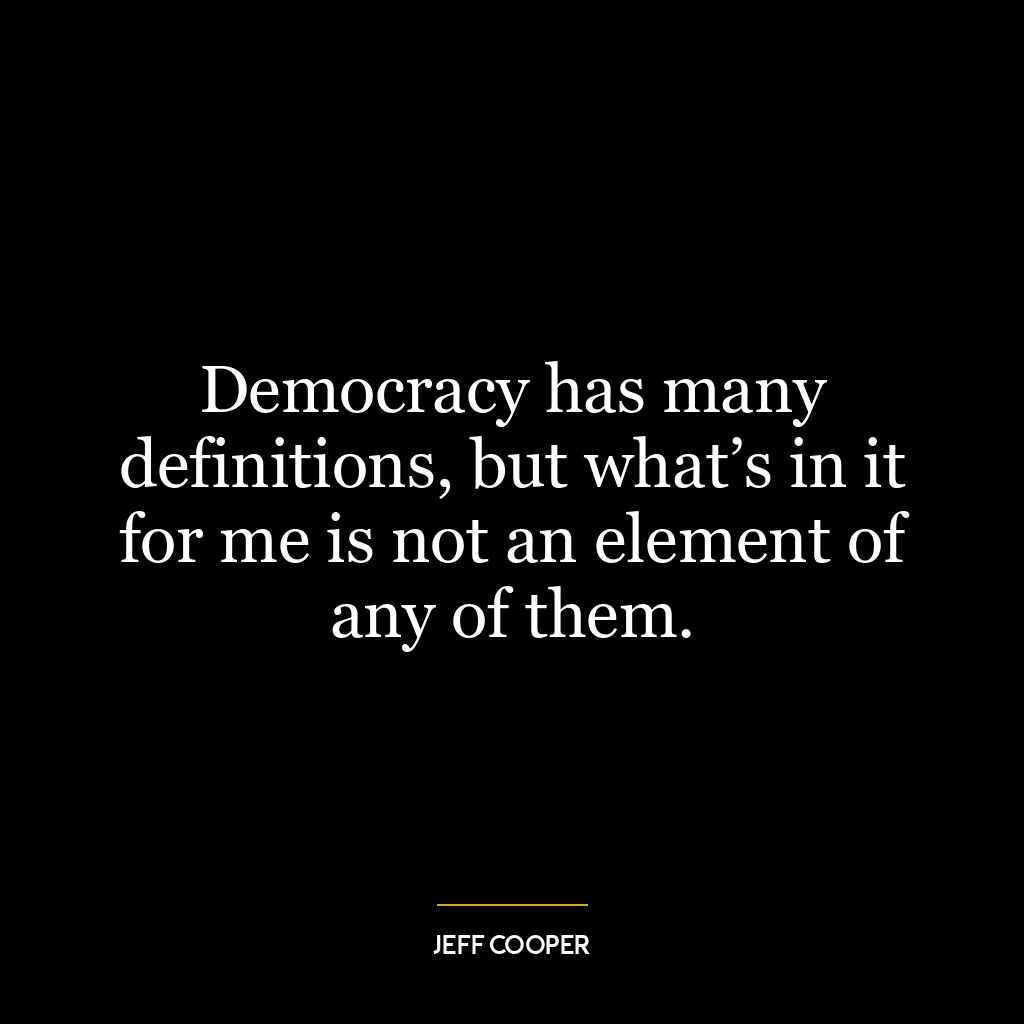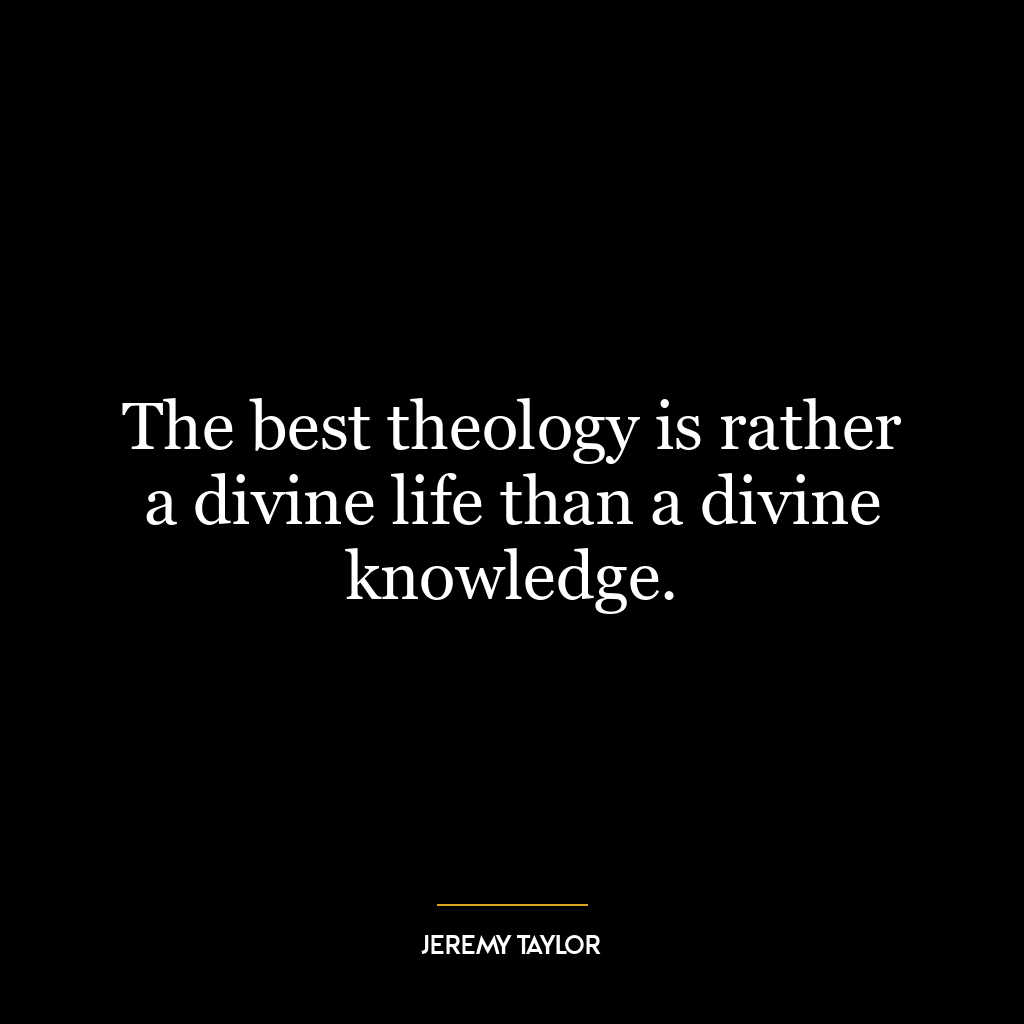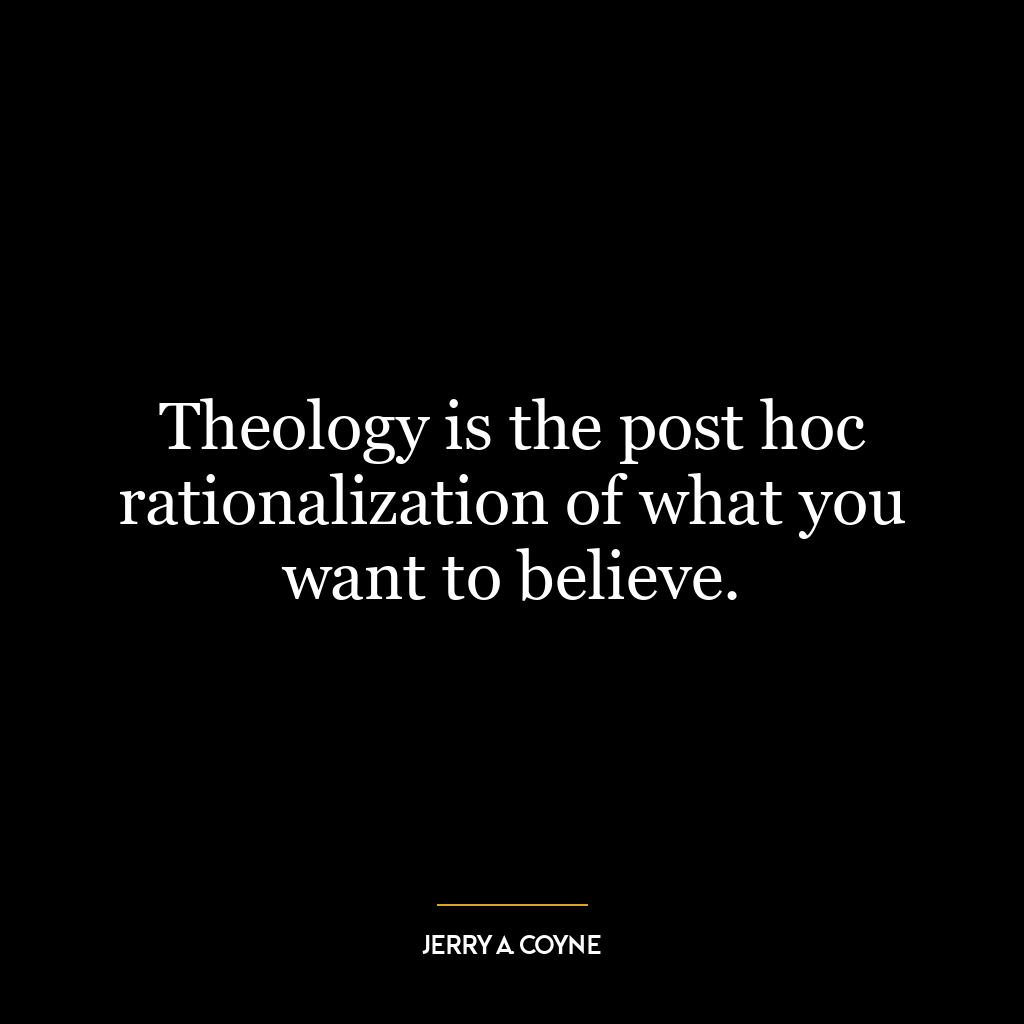It’s easier for me to say what God is not, and then what God is.
This quote, ”It’s easier for me to say what God is not, and then what God is,” expresses the idea that understanding and defining God, or any higher power, is a complex task. It suggests that it may be simpler to start by eliminating what God is not, before attempting to define what God is. This approach can be seen as a process of elimination, where one begins by discarding all the misconceptions, stereotypes, and limited human interpretations of God.
The quote underscores the inherent challenge in describing or understanding something as vast and incomprehensible as God. It implies that our human language and understanding may not be capable of fully capturing the essence of God. Thus, it may be easier, and more accurate, to first clarify what God is not – to clear away misconceptions and false images – before attempting to articulate what God is.
Applying this idea to today’s world or personal development, it could imply that in order to truly understand complex ideas or to grow as individuals, we might first need to clarify what something is not, or what we are not. For instance, in personal development, one might need to first identify and let go of negative or limiting beliefs about oneself, before being able to define and embrace one’s true potential and capabilities.
In a broader societal context, this could mean challenging and discarding stereotypes, prejudices, and misconceptions, before we can understand and appreciate the true essence of diverse cultures, religions, and individuals. This approach encourages open-mindedness, critical thinking, and a deeper understanding of the world and ourselves, which are all essential for personal and societal growth.










